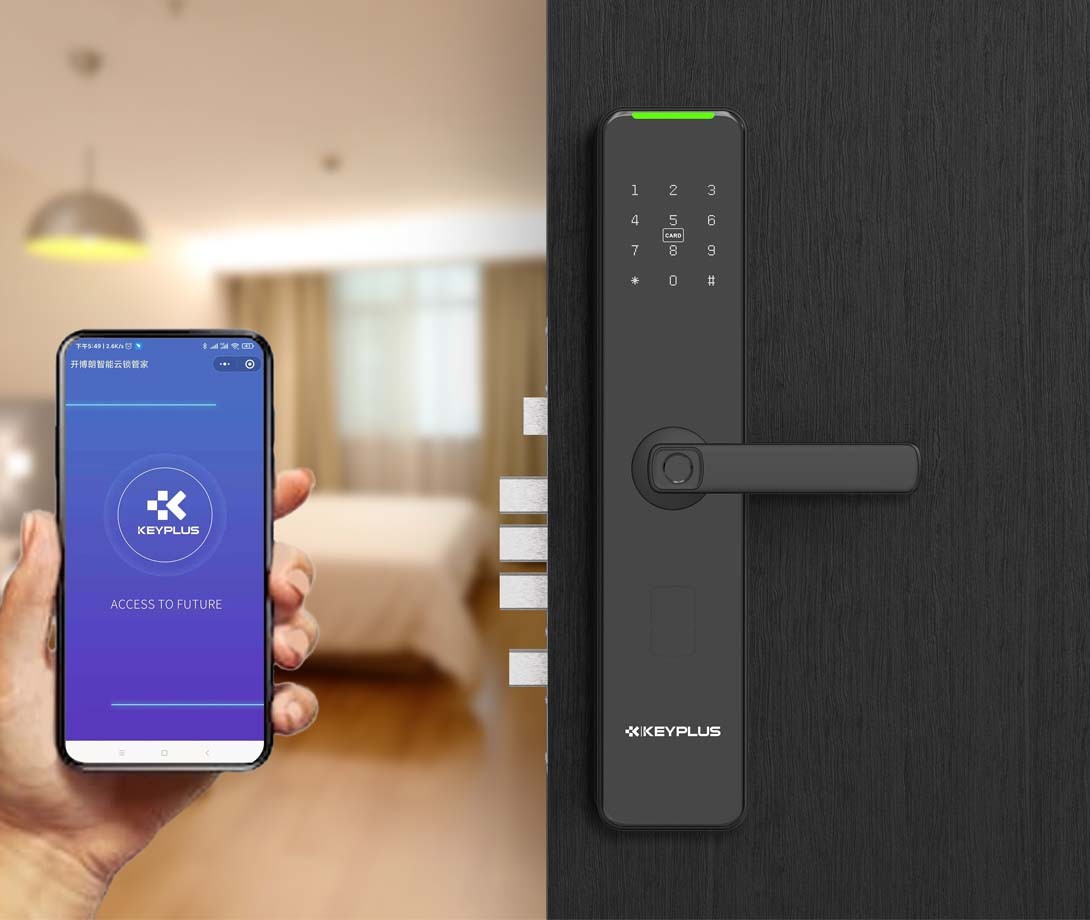Do Digital Locks Need Power?
In today’s tech-driven world, more Americans are upgrading their homes with smart security solutions, including digital locks. These modern locks offer keyless entry, remote access, and integration with home automation systems. But one common question homeowners have is: Do digital locks need power?
The short answer is yes, digital locks require power to function—but they don’t necessarily stop working during a power outage. In this article, we’ll explore how digital locks are powered, backup options, and what you should consider before installing one in your home.
How Do Digital Locks Get Power?
Unlike traditional mechanical locks, digital locks rely on electricity to operate. However, they don’t need to be hardwired into your home’s electrical system. Instead, most digital locks use one of the following power sources:
1. Batteries (Most Common)
The majority of digital locks run on replaceable batteries, typically:
- AA or AAA batteries (common in residential models)
- 9V batteries (used in some commercial locks)
- Lithium-ion batteries (found in high-end smart locks)
Battery life varies depending on usage, but most last between 6 months to 2 years. Many smart locks send low-battery alerts via smartphone notifications, so you’re never caught off guard.
2. Hardwired Power (Less Common)
Some advanced digital locks (especially in commercial settings) can be hardwired into a building’s electrical system. These locks often have battery backups in case of power failures.
3. Solar or Kinetic Energy (Emerging Options)
A few innovative digital locks use:
- Solar panels (for recharging built-in batteries)
- Kinetic energy (generated by turning the lock mechanism)
These are less common but provide eco-friendly alternatives.
What Happens If the Power Goes Out?
Since most digital locks run on batteries, a home power outage won’t affect them. However, if the batteries die, you could be locked out. Fortunately, manufacturers include backup options:
Backup Power Solutions for Digital Locks
- Emergency Battery Port – Many locks have a 9V battery terminal on the exterior, allowing you to temporarily power the lock if the main batteries die.
- Physical Key Override – Some digital locks include a traditional keyhole as a failsafe.
- External Power Packs – Certain models support portable USB power banks.
- Wi-Fi & Smart Hub Dependency – If your lock connects to Wi-Fi or a smart home hub, a power outage may disrupt remote access—but the lock itself will still work manually.
Pros and Cons of Battery-Powered vs. Hardwired Digital Locks
| Feature | Battery-Powered Locks | Hardwired Locks |
|---|---|---|
| Installation | Easy, no wiring needed | Requires professional setup |
| Power Outage Resilience | Works if batteries are good | Needs a backup battery |
| Maintenance | Battery replacements | Minimal upkeep |
| Cost | Affordable upfront | Higher installation cost |
For most homeowners, battery-powered digital locks are the best choice due to their simplicity and reliability.
Final Verdict: Are Digital Locks Reliable Without Power?
Yes! Digital locks are designed to keep working even during power outages as long as their batteries are charged. With backup options like emergency battery terminals and physical keys, you won’t be locked out unexpectedly.
If you’re looking for a convenient, secure, and modern way to protect your home, a digital lock is a smart investment—just remember to check the batteries periodically!
Would you switch to a digital lock?Please leave a message in the comment area to contact us!
Post time: Apr-26-2025


